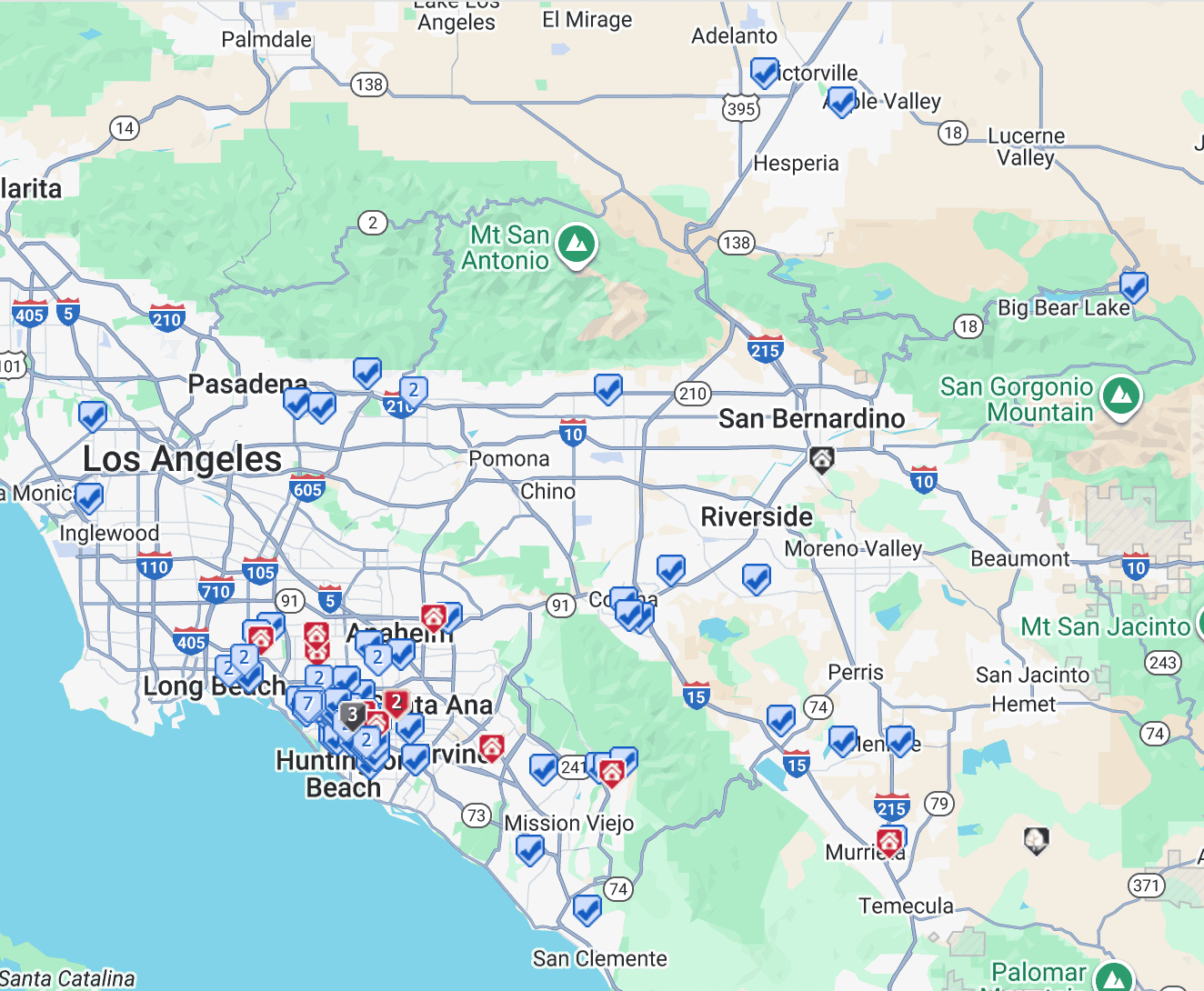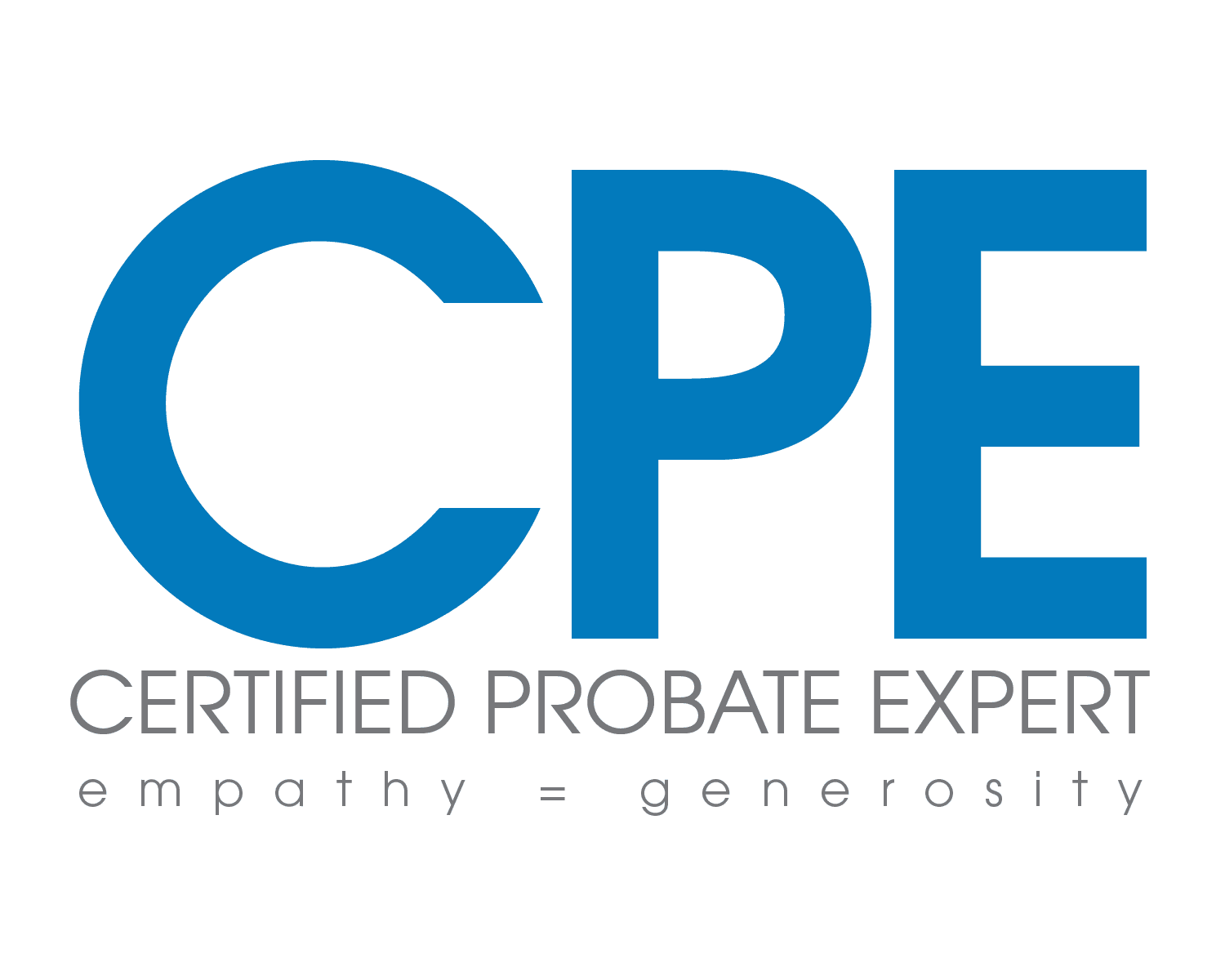
As a trustee of a trust, one of the most common questions you might face after the grantor’s passing is: Do I need to go through probate? The answer depends on the nature of the trust, how the assets are titled, and the specifics of the estate. In this blog post, we’ll break down the role of a trustee, explain when probate is required, and offer practical steps to navigate this process.
What Is a Trustee’s Role?
A trustee is responsible for managing and distributing the assets held within a trust according to its terms. Trusts are often created to avoid probate, streamline asset distribution, and maintain privacy. When the grantor (the person who created the trust) passes away, the trustee steps in to execute their wishes without the need for court oversight—if everything is set up correctly.
Do Trustees Need Probate?
The short answer: It depends on whether the assets are inside or outside the trust.
1. Trust Assets Typically Avoid Probate
If the grantor properly transferred assets into the trust during their lifetime (e.g., retitling real estate, bank accounts, or investments in the trust’s name), those assets are not subject to probate. As a trustee, your job is to:
- Review the trust document to understand its instructions.
- Manage and distribute the trust assets to beneficiaries as outlined.
- Handle any administrative tasks, such as paying taxes or debts owed by the trust.
Since trust assets are already under your control as trustee, no court process is needed to transfer ownership.
2. Non-Trust Assets May Require Probate
Probate becomes necessary when the deceased owned assets outside the trust in their individual name. Common examples include:
- Real estate titled solely in the grantor’s name.
- Bank or investment accounts without a beneficiary designation or joint owner.
- Personal property (e.g., vehicles, jewelry) not assigned to the trust.
These assets form part of the deceased’s “probate estate” and must go through the probate court to transfer ownership, unless they pass automatically (e.g., via joint tenancy with right of survivorship or a payable-on-death designation).
As a trustee, you are not automatically responsible for handling probate. However, if you’re also named as the executor of the grantor’s will, you might wear both hats. If there’s a “pour-over will,” it may direct non-trust assets into the trust, but those assets will likely need to go through probate first.
3. Special Cases
Some situations can complicate the process:
- Incomplete trust funding: If the grantor intended to transfer assets into the trust but didn’t complete the process, those assets may require probate.
- Small estate exemptions: Some states have simplified probate processes for smaller estates, which could apply to non-trust assets.
- State-specific rules: Probate laws vary by state, so local requirements may influence whether probate is needed and how it’s handled.
Practical Steps for Trustees
If you’re a trustee wondering about probate, follow these steps to clarify your responsibilities:
- Review the Trust Document: The trust agreement is your roadmap. It outlines how assets should be managed and distributed. Look for details about the trust’s assets and any instructions for the trustee.
- Inventory the Grantor’s Assets: Work with an attorney or the grantor’s financial advisor to confirm which assets are titled in the trust’s name and which are not. This will help you identify if any probate is required.
- Check for a Pour-Over Will: If the grantor had a will, it might include a “pour-over” provision that directs non-trust assets into the trust. These assets may still need probate before they can be transferred.
- Consult an Estate Attorney: Probate and trust laws are complex and vary by state. An attorney can help you confirm whether probate is needed, guide you through your trustee duties, and ensure compliance with legal requirements.
- Communicate with Beneficiaries: Keep beneficiaries informed about the process, especially if probate is required for some assets, as it may delay distributions.
Why Avoiding Probate Matters
Probate can be time-consuming, costly, and public. Trusts are popular estate planning tools precisely because they bypass probate for assets properly placed within them. By ensuring all assets are correctly titled in the trust, the grantor can save their heirs significant hassle and expense.
Final Thoughts
As a trustee, your primary responsibility is to manage the trust’s assets, which typically do not require probate. However, if the grantor left assets outside the trust, probate may be necessary to transfer those assets, and your role will depend on whether you’re also the executor. To avoid surprises, carefully review the trust, verify asset titling, and seek professional guidance.
If you need any help or guidance do not hesitate to reach out. Simply send us a message or book an appointment.








